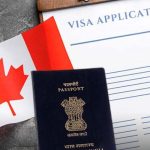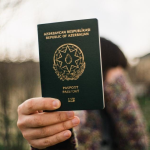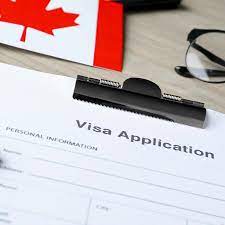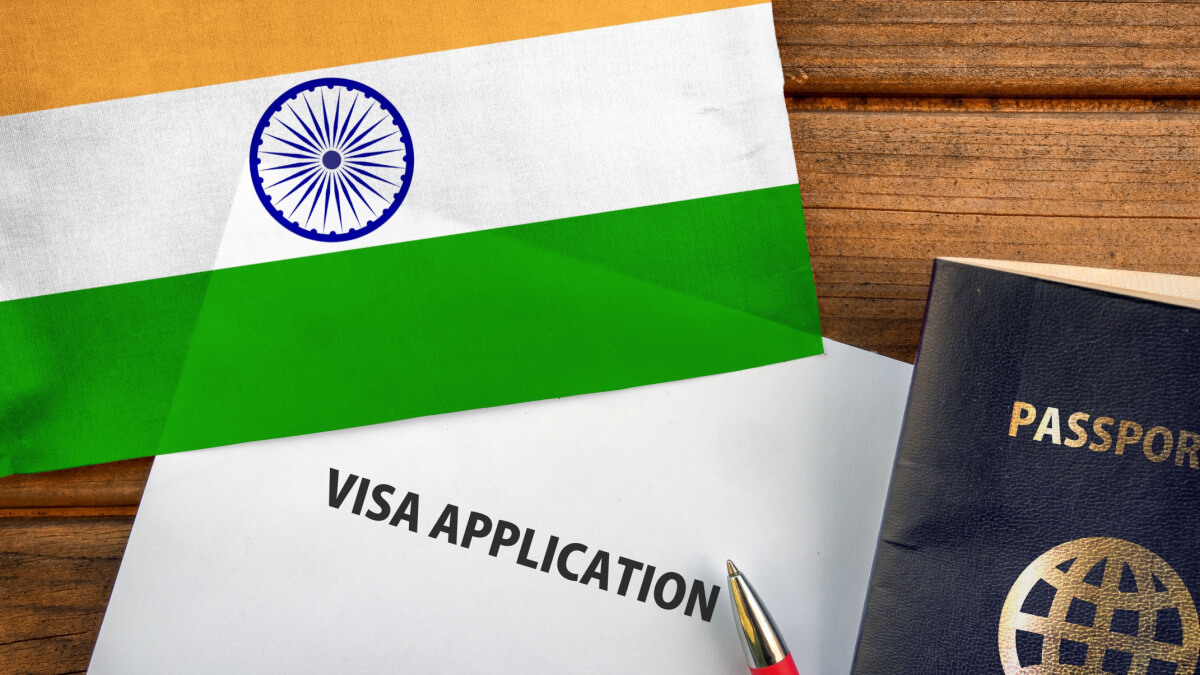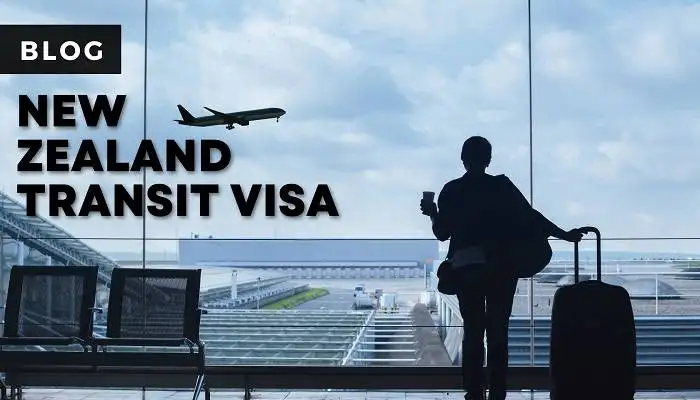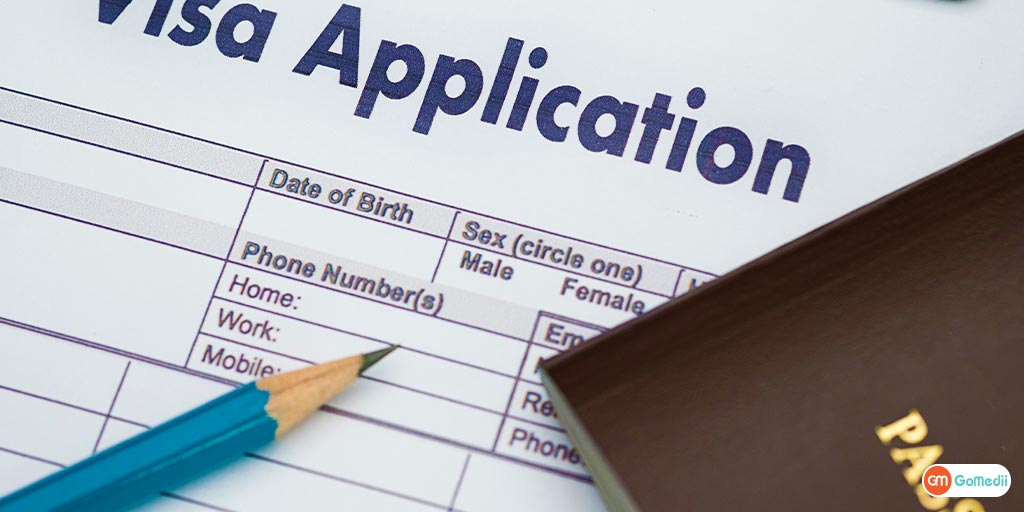Are you dreaming of exploring the picturesque landscapes, vibrant cities, and diverse culture of Canada? Well, it’s time to turn that dream into reality! But wait…before you pack your bags and book your flight, there’s one important thing you need to know – Canadian visas. Understanding the different types of Canadian visas and their entry requirements is crucial for a smooth and hassle-free journey. Whether you’re planning a vacation or considering moving permanently, this blog post is your ultimate guide to navigating through the complexities of Canadian immigration. So buckle up and get ready to conquer the Great White North like a pro! CANADA VISA ENTRY REQUIREMENTS
Introduction to Canadian Visas
Canada is a popular destination for people all over the world, whether for tourism, education, or work opportunities. However, before packing your bags and heading to the Great White North, it is important to understand the different types of Canadian visas and their entry requirements.
A visa is an official document issued by a country’s government that allows a foreigner to enter, stay or leave their territory for a specific purpose and period. In Canada, there are several types of visas available depending on the purpose of your visit.
Temporary Resident Visa (TRV)
The Temporary Resident Visa (TRV) is also known as a visitor visa and is required for individuals who wish to visit Canada for tourism, business or family visits. This visa is typically valid for six months but can be extended if necessary. To apply for a TRV, you will need to provide proof of financial support during your stay in Canada and demonstrate that you have ties outside of Canada that will compel you to return home after your visit. CANADA VISA FROM SOLOMON ISLANDS
Study Permit
If you plan on studying in Canada for more than six months at any designated learning institution (DLI), then you will need a study permit. This permit allows international students to remain in Canada while they pursue their studies. To be eligible for this permit, you must have been accepted into an accredited Canadian educational institution and show proof of sufficient funds to cover tuition fees and living expenses.
A work permit is required if you plan on working in Canada temporarily
Temporary Visas are a vital aspect of Canadian immigration, allowing individuals to enter Canada for a limited period of time. These visas provide the opportunity for individuals to visit, work, study or conduct business in Canada on a temporary basis. There are various types of temporary visas available for individuals depending on their purpose of visit and eligibility criteria.
1. Visitor Visa:
Visitor visa, also known as Temporary Resident Visa (TRV) allows foreign nationals to enter Canada for tourism, visiting family or friends, or conducting short term business activities. The duration of this visa can range from a few days to six months and is typically granted within the single entry or multiple entry categories. Single entry visas allow one-time entry into Canada while multiple-entry visas allow multiple entries during the validity period.
To obtain a visitor visa, applicants must meet certain requirements such as possessing a valid passport, having sufficient funds to support their stay in Canada, having no criminal record and providing proof that they will leave Canada at the end of their authorized stay.
2. Work Permit:
A work permit is required if an individual wants to work temporarily in Canada. This type of visa is issued based on a job offer from an employer who has obtained a Labour Market Impact Assessment (LMIA) from Employment and Social Development Canada (ESDC). A LMIA is a document that shows there is no Canadian citizen or permanent resident available to fill the job position being offered.
Student Visa:
A student visa is a type of Canadian visa that allows international students to study in Canada for a temporary period. With a student visa, you can pursue various academic programs, including undergraduate and graduate degrees, vocational training, language courses, and more.
Eligibility Criteria:
To obtain a student visa, you must fulfill certain eligibility criteria set by the Government of Canada. These include:
1. Letter of Acceptance: You need to have an acceptance letter from a designated learning institution (DLI) in Canada. DLIs are universities, colleges, and other educational institutions authorized by the government to host international students.
2. Proof of Sufficient Funds: You must have enough money to cover your tuition fees, living expenses and return transportation costs while studying in Canada.
3. Good Health: You need to undergo a medical examination by an approved panel physician to ensure that you are in good health.
4. No Criminal Record: A police certificate may be required to show that you have no criminal record or pose any security threat to Canada.
5. English/French Proficiency: Most Canadian universities require international students to demonstrate their proficiency in either English or French by taking standardized language tests like IELTS or TOEFL.
Work Permit
Canada is a popular destination for individuals looking to work abroad and gain valuable international experience. In order to legally work in Canada, most foreign nationals will need to obtain a work permit. A work permit is a document issued by Immigration, Refugees and Citizenship Canada (IRCC) that allows an individual to work in Canada for a specific period of time.
There are two main categories of work permits: open and employer-specific. An open work permit allows you to work for any employer in Canada, while an employer-specific permit only allows you to work for the specific employer listed on the permit.
Open Work Permits:
An open work permit is ideal for individuals who do not have a job offer from a Canadian employer or those who wish to switch jobs once they arrive in Canada. This type of permit does not require a Labour Market Impact Assessment (LMIA), which is a document that proves there is a need for foreign workers as no Canadian citizen or permanent resident was able or willing to fill the position. Open work permits can be valid for up to three years and may be renewed if needed.
Super Visa for Parents and Grandparents
The Super Visa for Parents and Grandparents is a type of visa that allows parents and grandparents of Canadian citizens or permanent residents to visit Canada for an extended period. This visa was introduced in 2011 as an alternative to the traditional visitor visa, which only allows a maximum stay of six months.
The duration of the Super Visa can be up to two years per entry, and it is valid for up to ten years. This means that parents and grandparents can visit their loved ones in Canada multiple times over the span of ten years without having to reapply for a visa every time. However, each entry is limited to a maximum stay of two years, so individuals must leave the country before the expiry date on their visa.
To be eligible for a Super Visa, applicants must meet certain requirements set by Immigration, Refugees and Citizenship Canada (IRCC). These include:
1. Proof of relationship: Applicants must provide evidence that they are either a parent or grandparent of a Canadian citizen or permanent resident. This can be in the form of birth certificates, marriage certificates, or adoption papers.
2. Letter of invitation: The Canadian citizen or permanent resident inviting their parent/grandparent must write a letter stating their intention to host them during their visit. This letter should also include details about the length and purpose of the visit.























